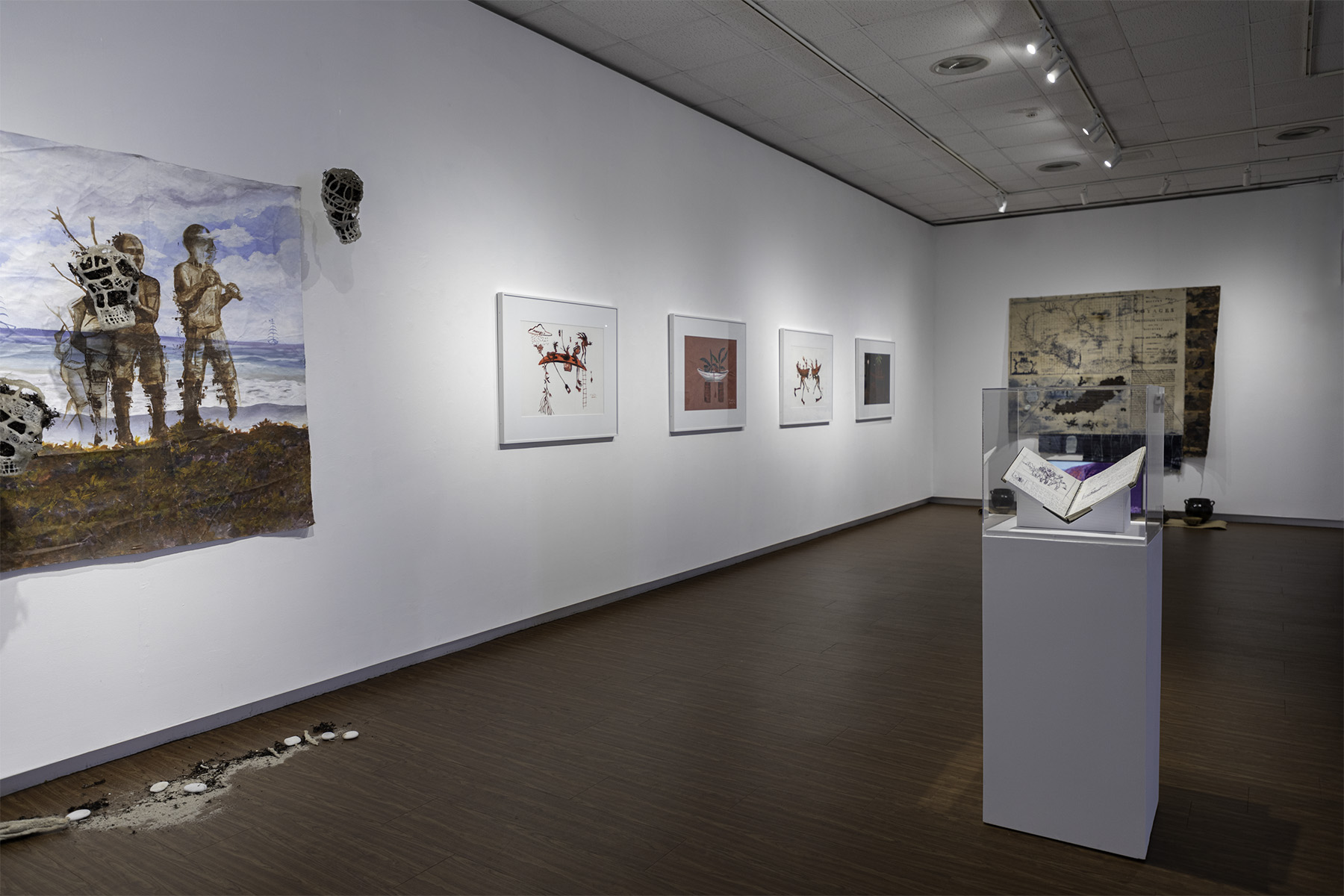FSU MoFA’s newest exhibit focuses on critical environmental issue plaguing the gulf
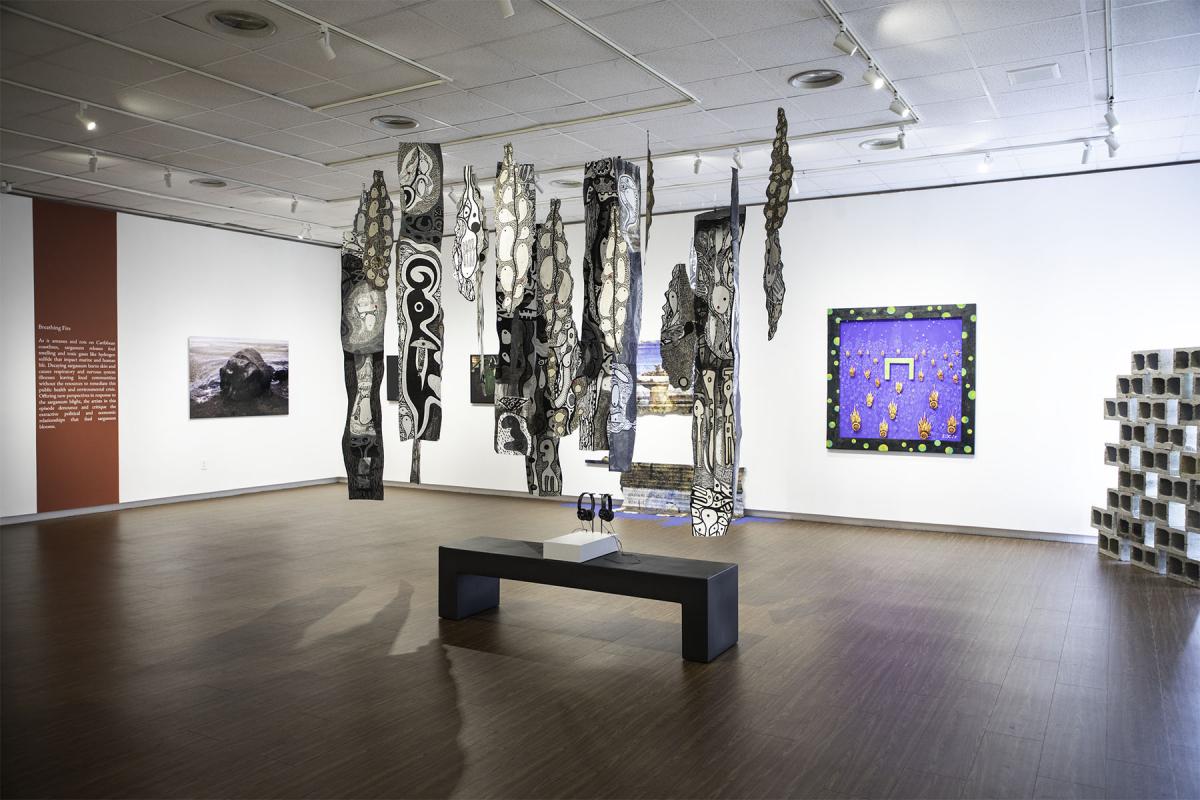
Florida State University’s Museum of Fine Arts (MoFA) and the Winthrop-King Institute for Contemporary French and Francophone Studies present a new exhibition examining the spread of sargassum seaweed in Florida and the Caribbean through the lens of art and science.
“HOMO SARGASSUM” will be on display Sept. 9 through March 8, 2025, at MoFA, with an opening reception from 6-8 p.m. Sept. 12. An opening symposium Sept. 26 and 27 will bring together artists, scientists and scholars from around the world to explore the phenomenon of sargassum in the Circum-Caribbean, and how a broad range of artists have been engaged with it in their work.
“This exhibit tells the story of ecosystems caught in peril and transformation through the lens of seaweed migration,” said Kaylee Spencer, director of MoFA. “By using the movement of sargassum as a metaphor, these artists explore how this ecological issue relates to a wide variety of social and historic issues.”
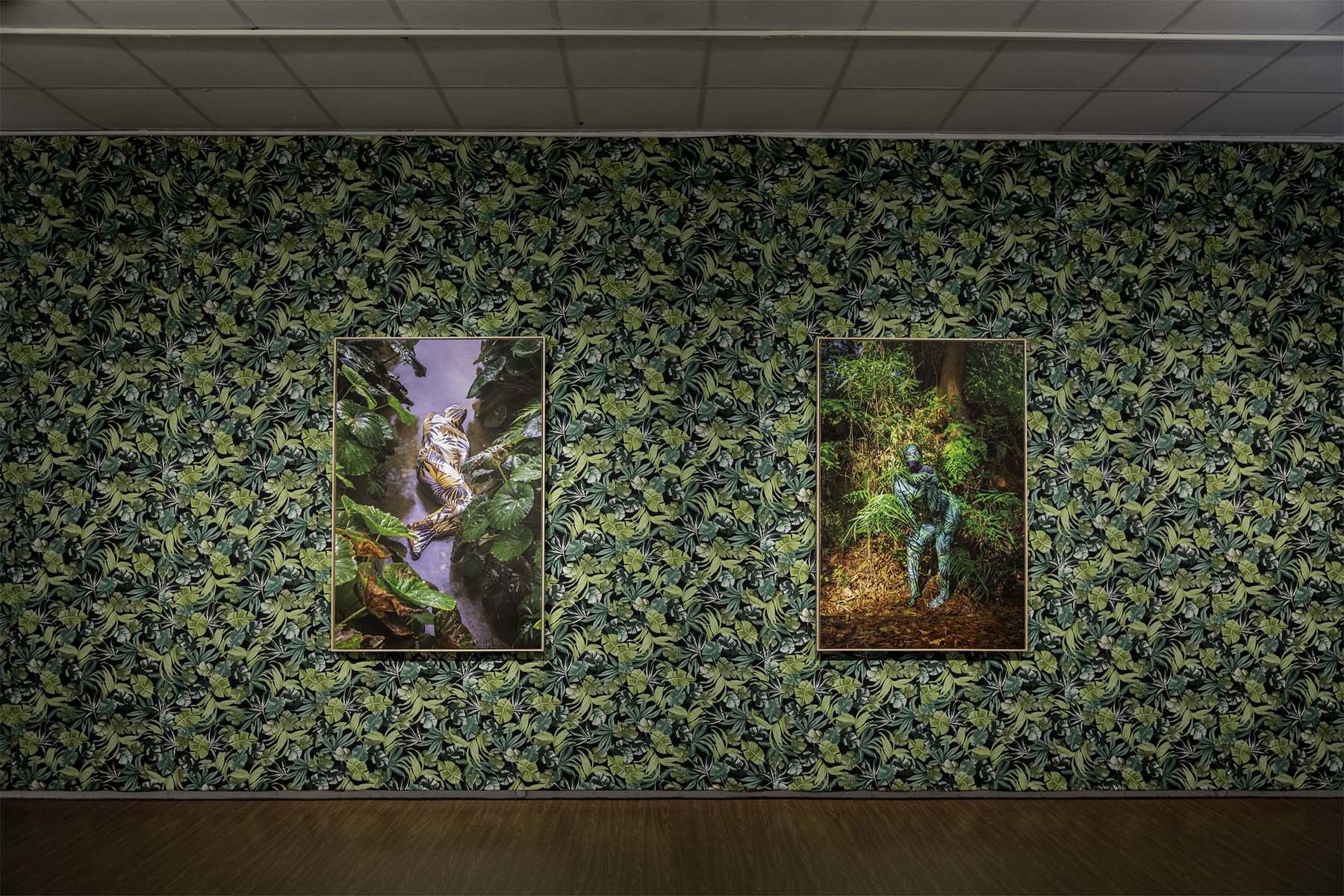
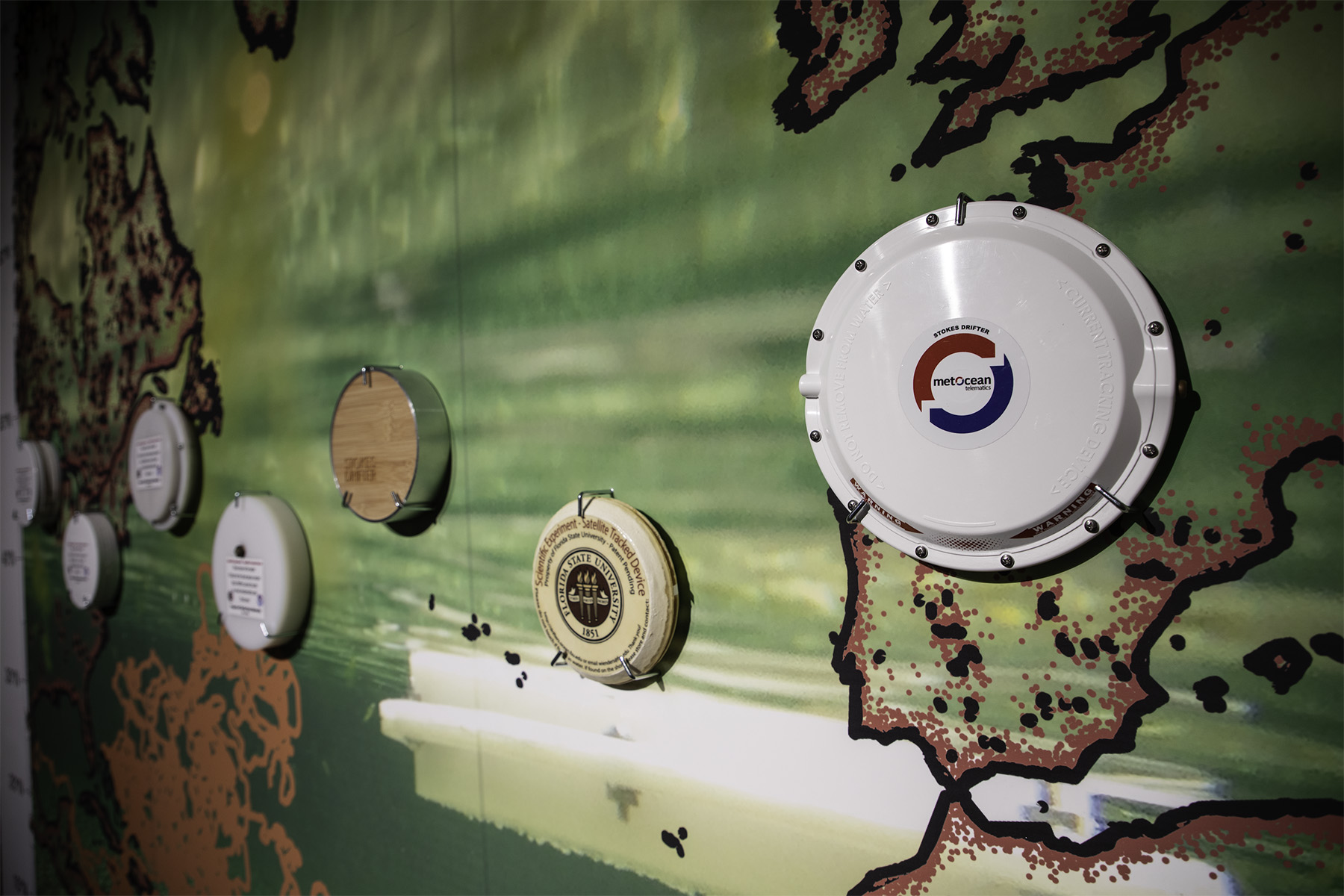
This exhibit was conceptualized by and is hosted in partnership with the Tout-Monde Art Foundation, a charity that strives to support and connect contemporary Caribbean artists to the world through socially impactful projects dedicated to education, ecology and equal rights. It is co-curated by Vanessa Selk, executive and artistic director at TMAF and Michael D. Carrasco, associate dean for research at FSU’s College of Fine Arts.
“We are very excited to be hosting such an engaging and thought-provoking exhibit,” Spencer said. “We invite everyone from the FSU and Tallahassee communities to join us in exploring the boundaries between humans and nature within global ecological systems through art.”
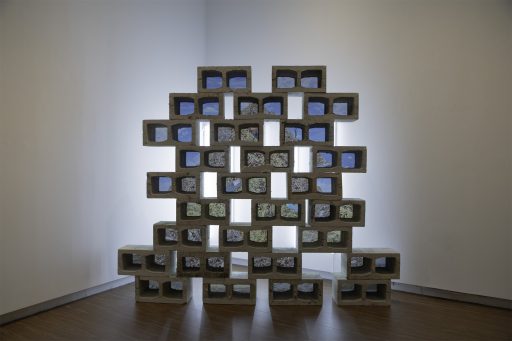
Sargassum is floating seaweed that moves across the water in large masses. While this naturally-occurring aquatic plant can provide important food and shelter for marine life, factors including climate change and fertilizer runoff have led to a dramatic increase in the amount of sargassum washing up on beaches throughout the Gulf of Mexico. The excess seaweed can harm coral reefs and other marine life, and when it reaches shore, can negatively impact air and water quality in coastal communities.
“‘HOMO SARGASSUM’ is an original and important project, which will bring some of the most exciting artists and scholars from across Florida and the Caribbean to FSU and Tallahassee,” said Martin Munro, director of the Winthrop-King Institute. “With work like this, we are building bridges between colleagues and students in the sciences and those in the humanities to promote dialogue and collaboration on these important topics.”
Guests at the exhibit will have the opportunity to explore a wide variety of artworks spread across two floors of the museum, featuring paintings, photographs, sculptures, videos and performances. During the exhibition, MoFA will also offer a variety of events and activities, such as conceptual map-making workshops, comic book workshops, artist talks, performances and more.
The project is sponsored in part by the State of Florida through the Division of Arts and Culture and the National Endowment for the Arts.
“The exhibition is accessible to everyone in Tallahassee of all ages, and we hope the people of the city will enjoy it and be as inspired by it as we are,” Munro said.
Members of the public can register to attend the symposium by visiting “events” at WinthropKing.fsu.edu.
All associated museum programming is free and open to the public.
To plan your visit and learn more about the museum’s upcoming exhibits and events, visit MoFA.fsu.edu. Admission is free and the museum welcomes all visitors.
